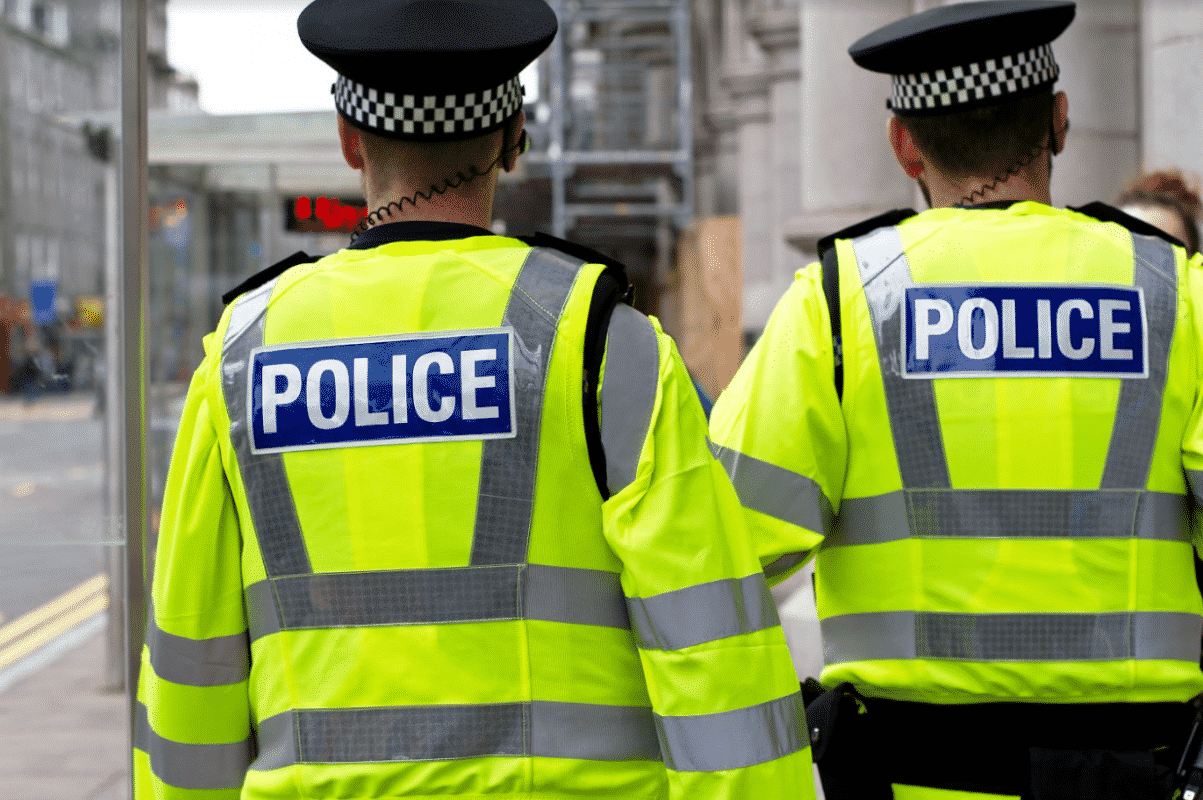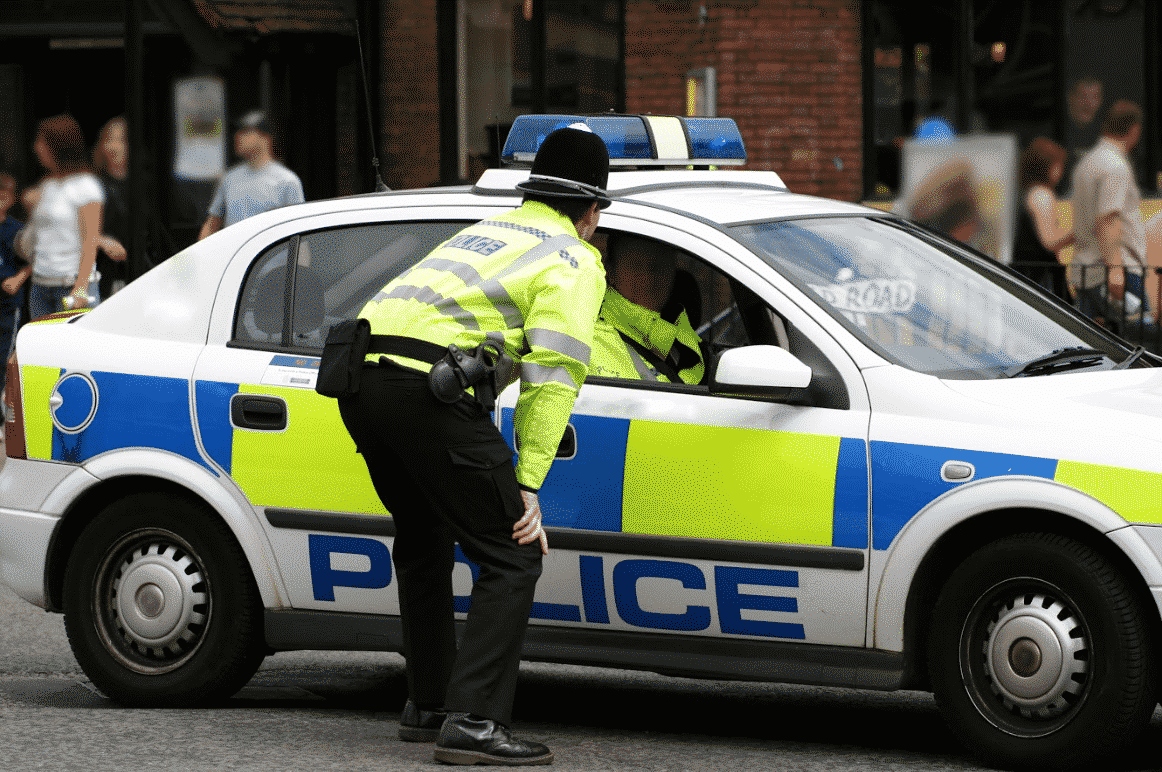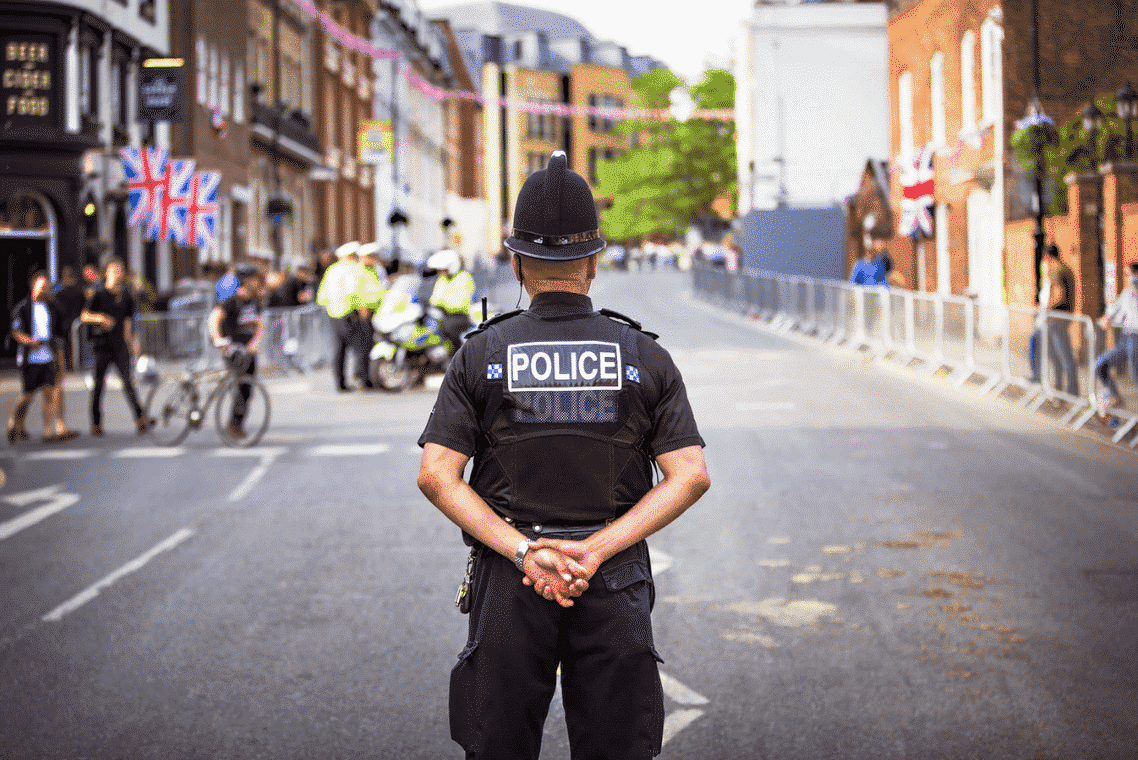The UK Police Service is one of the most respected and reputable organisations in the world. As such, it takes a special type of person to work for the UK Police, and therefore there is strict eligibility criteria in place to ensure that the police hire not just the right personality, but people with the right background for the role.
In this blog, we’ll run through the UK Police eligibility, including the minimum age requirements, medical and fitness requirements, and other criteria of which you might not be aware. For more information on how to join the UK Police, check our our fantastic guide
Age of Applicant
To become a Constable in the UK a candidate must be 18 years of age. There is no upper age limit; however, the retirement age for Constables and Sergeants is typically 60. Additionally, new recruits are on a probationary period for 2 years before becoming normal officers.

Education Requirement
There is no educational requirement necessary in order to become a police officer, and the police do not discriminate between people with a full or no education. However, it should be noted that the selection process for the police involves a variety of different tests, and therefore having experience with Maths and English will be a big advantage.
Medical and Fitness Police Eligibility
Any corrected vision is acceptable, as long as the wearer always has contact lenses or glasses on for their vision issues. All candidates will need to participate in an optician’s eye exam with regard to unaided and aided vision. Requirements state that a candidate cannot have anything worse than 6/36 in either eye for unaided vision. Aided vision must be better than 6/6 for both eyes or 6/12 for one eye. Near vision is acceptable at 6/9 when aided and both eyes are open. Colour blindness is not accepted when severe, as it would constitute a health and safety issue whilst working for the police.
For all other medical requirements it is imperative that a candidate is able to handle the work required. No specific height or weight requirements exist; however, a candidate must pass the physical portion of the test – which is a bleep test. This involves running between two points, in time to a series of bleeps, which increase in speed as the test goes on.
The police regulations stipulate that no discrimination can happen based on disability or medical condition; however, the fitness tests will need to be passed by all candidates. Certain disabilities or illnesses may receive special permissions such as an officer joining for desk duty versus field duty. A psychological evaluation is also required to make certain a candidate is mentally capable of the position.

Convictions
Convictions will not automatically be rejected; however, if the issue is both serious and occurred in the last 5 years, then an application will be turned down. Individual circumstances are considered. It is essential that applicants are honest with the police service – failure to do so will lead to an automatic rejection of application and you will be barred from applying again/in future.
Financial Circumstances
When you are applying for the police, the assessors will vet your financial history and any history of debt or bankruptcy. It is essential that current applicants have a clean bill of financial health – the UK Police Service takes the threat of corruption extremely seriously and will actively avoid employing anyone who they feel could be subjected to this.
Nationality and Residency
Anyone wishing to apply as a police officer will need to be a British Citizen, Commonwealth Citizen, or EU national. Foreign nationals can apply as long as there is no stay restriction on their time in the UK. Residency requirements may apply.
Driving
In order to work as a police officer in the UK, you must possess a Full UK Manual Driving Licence. It is imperative that police are ready and available to answer the call when needed, and a driving license is deemed to be the most effective way of ensuring this.
Tattoos and Piercings
Tattoos cannot be seen in uniform, and must be declared during the application process. No offensive tattoos are allowed. Piercings are not to be worn as well as other jewellery that could pose a health or safety threat to the candidate when working as a police officer. It is important to note that some constabularies are more old-fashioned and restrictive than others in this regard, and the restrictions on tattoos have lifted considerably in the last few years.
